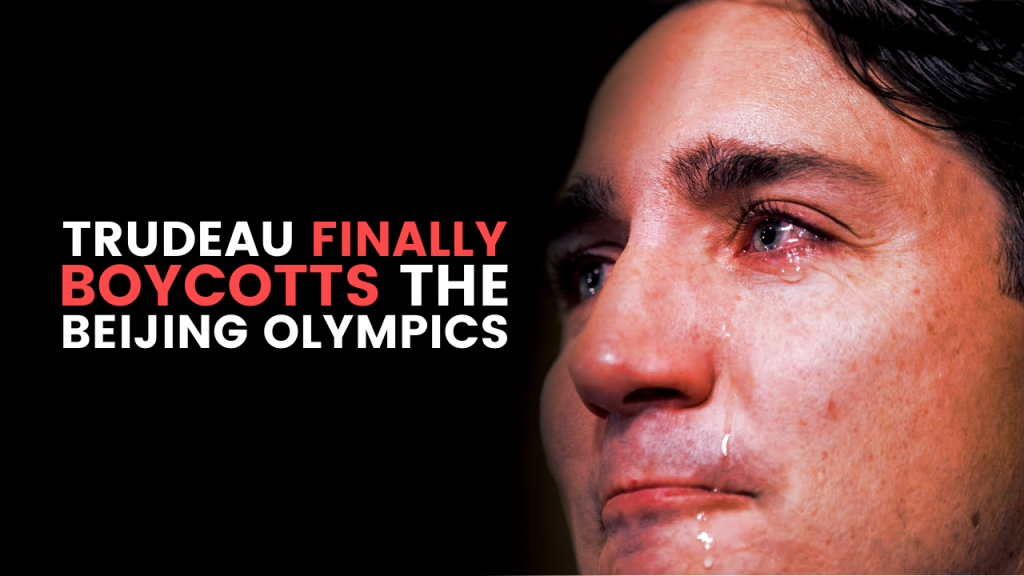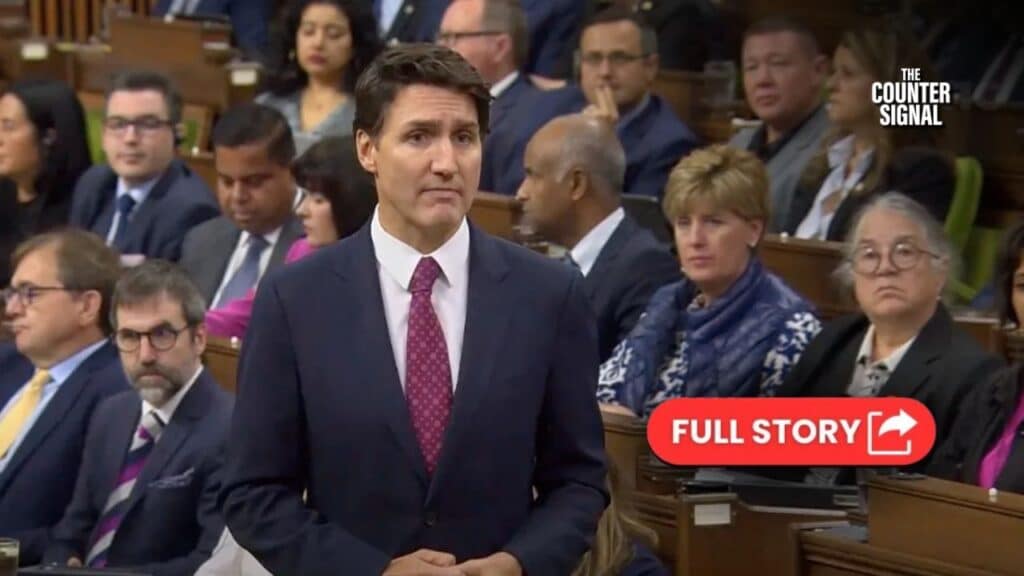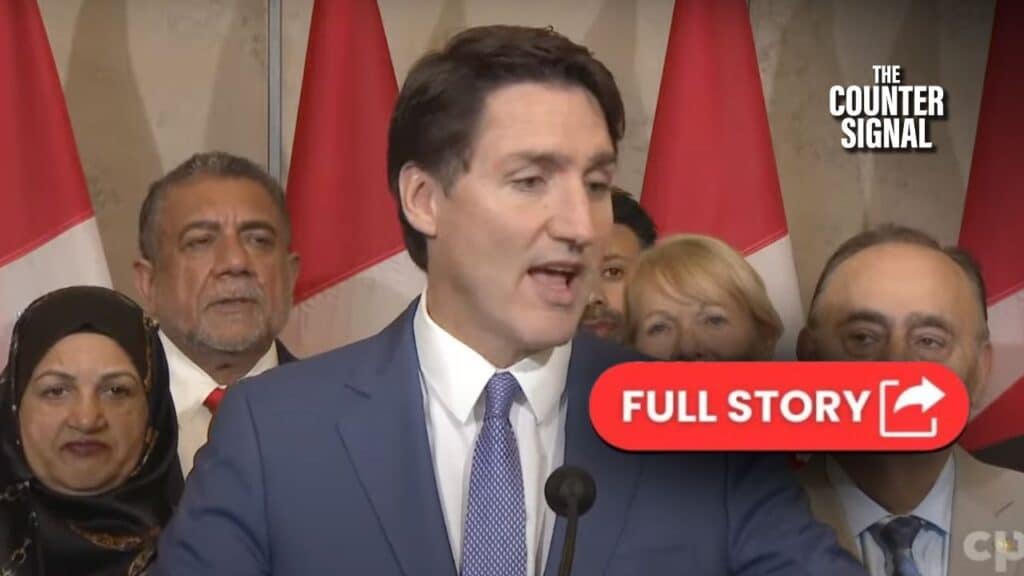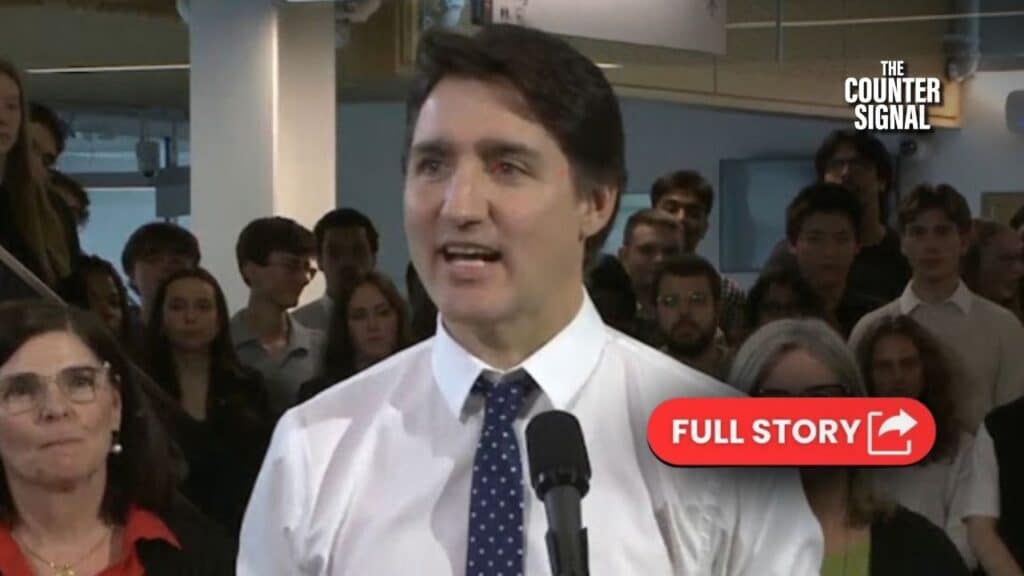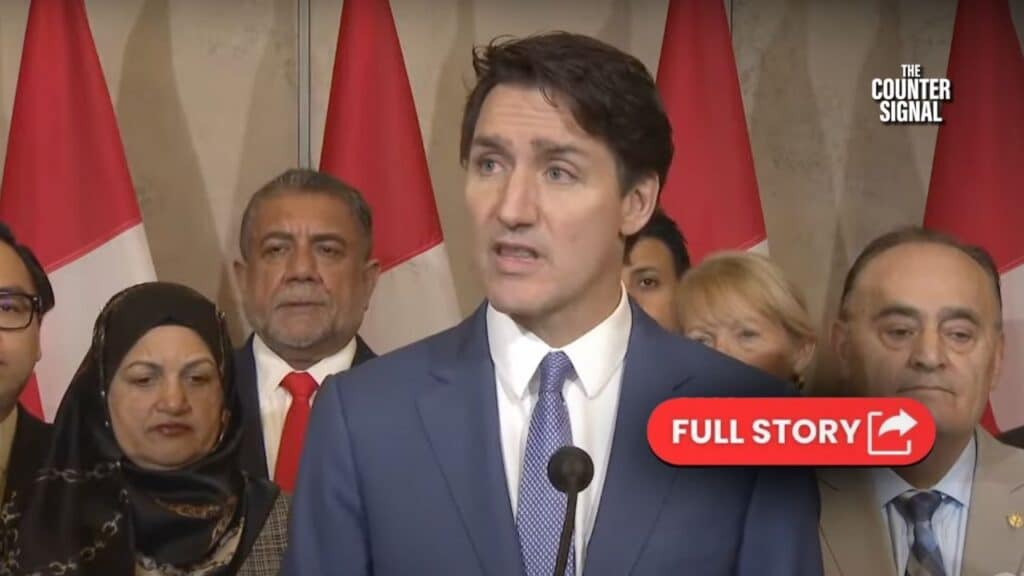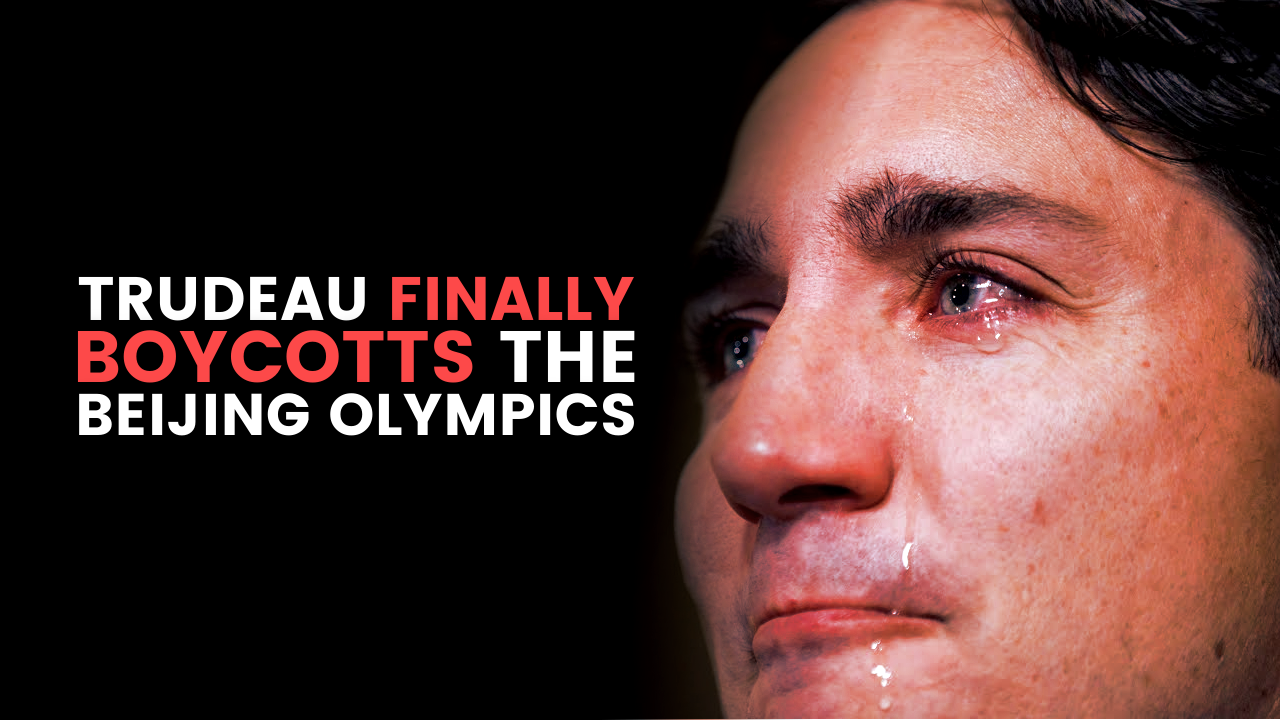
Xi Jinping’s tyranny has earned the superpower a diplomatic boycott from Canada, which joined a litany of nations Wednesday boycotting the Beijing Olympics. Despite the maneuver, Prime Minister Justin Trudeau garnered considerable criticism from allied nations over its lack of sanctions on China.
According to CP24, Trudeau claimed Canada is “extremely concerned” about China’s human rights abuses and remains in constant dialogue on the matter with allies. He said, “That is why we are announcing today that we will not be sending any diplomatic representation to the Beijing Olympic, Paralympic Games this winter.”
On Monday, the Biden Administration announced a diplomatic boycott first, followed by Australia and the United Kingdom. While dignitaries will remain noticeably absent, athletes will still compete in Beijing.
Allegations of genocide against the Muslim Uyghur minority in China’s Xinjiang province have muddied the nation’s reputation. Nearly 2 million Uyghur and other Turkic Muslims are detained in concentration camps – making this the largest mass detention of a minority community since the Holocaust. China vehemently denies their authenticity, accusing the United States of upending the political neutrality of sport.
Moreover, Trudeau said onlookers should not be surprised by Canada’s decision, given how the federal government expressed concerns about its human rights track record. He continued: “This is a continuation of us expressing our deep concerns for human rights violations.”
But in February, Canada’s bleeding heart prime minister refused to recognize the acts being committed by the Chinese Communist Party to constitute genocide. According to the Toronto Sun, Trudeau articulated that people must only employ the term based on “facts and evidence.” It must be “properly justified and demonstrated.”
Last Friday, the European Union accused the Trudeau Liberals of refraining from implementing harsh sanctions on authoritarian China in a scathing November report.
The European Parliamentary Research Service reviewed Canada’s performance, claiming Canada’s list “got off to a strong start but is currently dormant,” with only targets from just five countries and no new names added since 2018.
Critics also criticized the haphazard efforts of Canada’s federal government to stand up for human rights abroad.
Following the announcement, Trudeau also pledged to do whatever it takes to maintain the safety of its athletes who will attend the Games in Beijing. “Our athletes have been training for years and are looking forward to competing at the highest level against athletes from around the world, and they will continue to have all of our fullest support,” he said.
David Cohen, the new US ambassador in Canada, said Tuesday he expected Canada to join the boycott. Cohen adds: “I have a high level of confidence that Canada and the United States will be aligned on our China policy, including our policy concerning the Olympics.”
Diplomatic relations with China continued to deteriorate following nearly three years of tension over their detention of two Canadians. In September, China finally released Michael Kovrig and Michael Spavor from a Chinese prison.
Canada alleged their detention was retaliatory over the arrest of Huawei executive Meng Wanzhou. Initially, the US wanted her extradited there to face fraud charges. But the same day Meng struck a plea deal with the US, China freed the two Michaels.
Opposition Leader Erin O’Toole affirmed his support for a diplomatic boycott because Canadian athletes can still compete while maintaining their disapproval of China’s treatment of the Muslim Uyghurs.
O’Toole also criticized Trudeau for taking too long to ban Huawei from Canada’s 5G networks. “He needs to start getting serious [about] China.”
